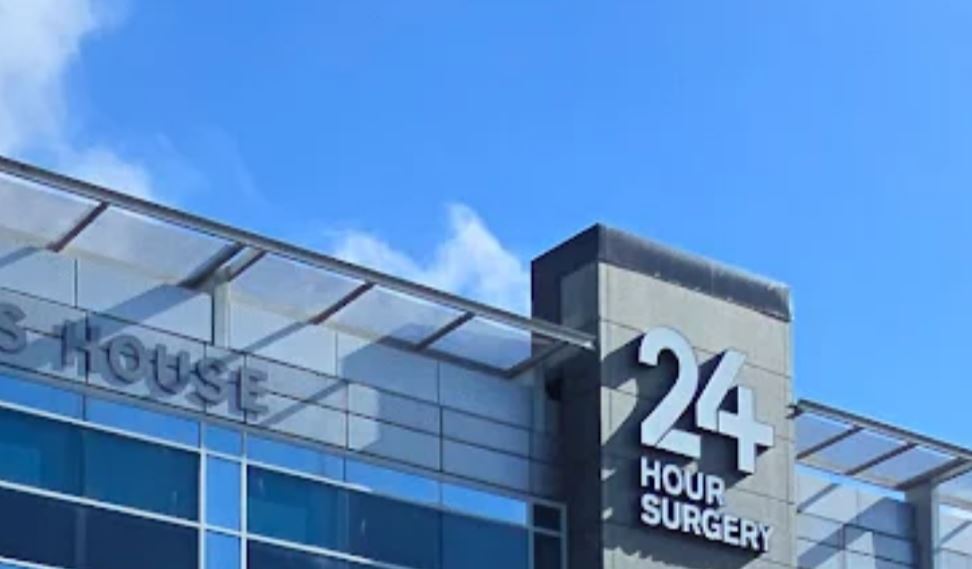Medical emergencies are not always indicated by rushing ambulances or sirens. Quiet indications that something simply cannot wait until morning are frequently the slow, deliberate steps of someone limping in at two in the morning or the low whisper of a family whispering over a child’s fever. Nestled in Christchurch’s health corridor, just off Bealey Avenue, 24 Hour Surgery Christchurch has established itself as a go-to place for the city’s after-hours medical needs, quietly handling everything from mysterious fevers to fractured wrists without missing a beat.
The clinic’s real strength is its consistency, not its eye-catching headlines or impressive architecture. The facility, which is open 24/7, is made to capture things that might otherwise go unnoticed. This surgery provides more than just convenience—it provides assurance for athletes who require a quick scan following weekend tournaments, new parents dealing with unpredictable newborn fevers, and shift workers hurt while on night duty. By using a triage-first approach, it puts medical urgency ahead of planned timeliness, guaranteeing that care is provided where and when it is most needed.
| Category | Details |
| Facility | 24 Hour Surgery Christchurch |
| Operator | Pegasus Health (Charitable) Ltd |
| Location | 401 Madras Street, Christchurch 8013, New Zealand |
| Phone | +64 3 365 7777 |
| Service Model | Walk-in urgent care, no appointment required |
| Opening Hours | 24 hours a day, 7 days a week |
| On-Site Services | Fracture clinic, observation beds, diagnostics, Pacific Radiology |
| Accessibility | Wheelchair ramps, interpreter services, drop-off zones |
| Website | 24hoursurgery.co.nz |
24 Hour Surgery actively enhances the medical resilience of the area by collaborating with Te Whatu Ora – Waitaha Canterbury. This clinic efficiently diverts non-urgent cases so that emergency rooms at hospitals can concentrate where it matters most, while Christchurch Hospital handles more serious or life-threatening situations. In doing so, it contributes to the system’s overall equilibrium in a very effective way.
24 Hour Surgery frequently serves as the unseen partner behind the scenes at major events or sudden influxes, like international film shoots, music tours, or sporting competitions. It offers quick, discrete solutions that keep productions going, from treating tour crew members experiencing flu symptoms to handling actor sprains during late-night rehearsals. Even though these incidents don’t often make the news, they show how adaptable the clinic is in helping a wide range of industries.
The quiet human moments woven into each shift are what take this facility from functional to remarkable. Before his anxious parents had a chance to fully comprehend the injury, a teenage rugby player who had come in with a suspected dislocation was treated and had an x-ray taken. A new mother who was suffering from mastitis at three in the morning felt both physically and emotionally relieved by the kindness shown. A triage nurse who spoke his first language fluently provided unexpected comfort to an elderly man who was cold and confused during a confused dawn.
Notably, Pegasus Health uses an open fee schedule that demonstrates justice and foresight. With discounted rates for those with Community Services Cards, the pricing clearly separates registered patients from casual visitors. In emergency situations, where hesitation over cost could cause care to be delayed, this policy is especially helpful. The clinic promotes early intervention and fosters trust by actively removing that obstacle.
The setup’s distinct strength is highlighted by comparisons to comparable urgent care models overseas. There are walk-in clinics in countries like the US and Canada, but they are rarely open around-the-clock and frequently function separately from the government. Christchurch has a particularly creative model that is based on cooperation and mutual support. It serves as a parallel pillar that keeps the city running smoothly when the clock is ticking, not just a backup.
The clinic’s physical layout was created with accessibility in mind. Wheelchair ramps and wide doors are commonplace, and interpreter services guarantee that patients from various backgrounds are heard rather than ignored. Entry areas that are clearly marked help to avoid confusion, and COVID-safe procedures are still strictly followed. Effectively coordinating care, updating records, and answering inquiries, staff members each play a part like instruments in a well-balanced symphony.

